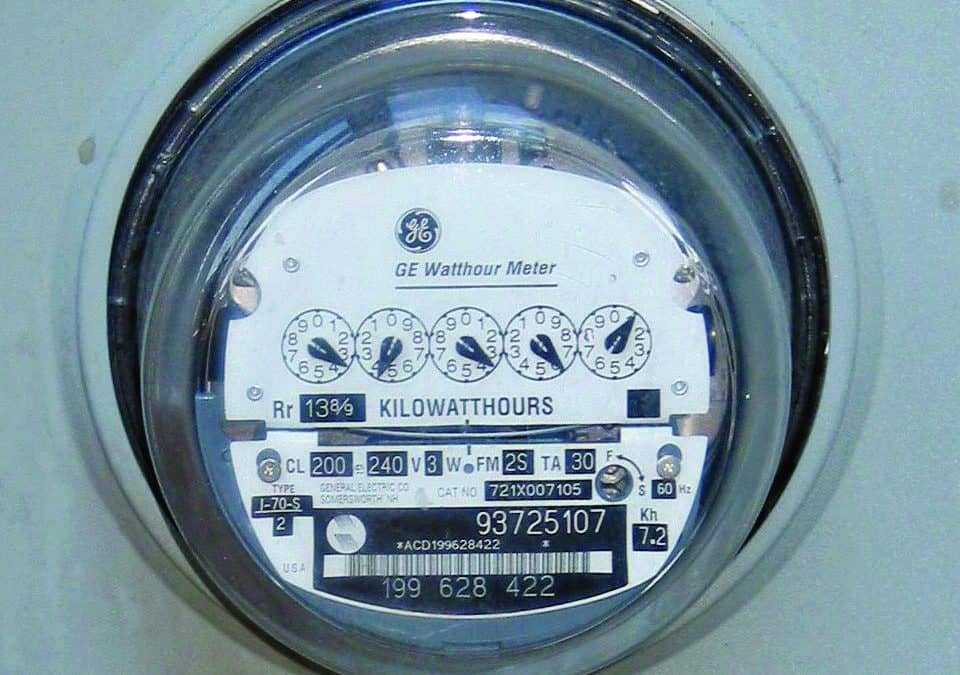The traditional electric grid has evolved into the modern smart grid, packed with advanced technologies that benefit both consumers and utilities.
A key feature is the smart meter, which provides two-way communication between the energy provider and the consumer. Smart meters help detect power outages and automate billing. Both help to improve reliability and efficiency.
Research and innovation continue to add improvements, making problems in the grid easier to prevent early on, easier to identify and easier to fix. The smart grid also helps utilities plan for the future to reduce the likelihood of power blackouts and surges, and to better manage the electricity load, which can ultimately save money for the utility and consumer.
Another consumer benefit is more access to information and new ways to control and manage their energy use online or via app before they receive their monthly bill, which can lead to better energy efficiency habits.
By investing now in smart grid technologies, utilities will help to reduce costs over the long run while also providing more reliable service to those they serve.
Over the next decade, utilities are expected to invest $110 billion in smart grid technologies, and this value is likely to grow as new technologies are developed. Many electric cooperatives across the U.S. have started initiatives to deploy smart meters and other advanced grid infrastructure.
—Maria Kanevsky/NRECA

